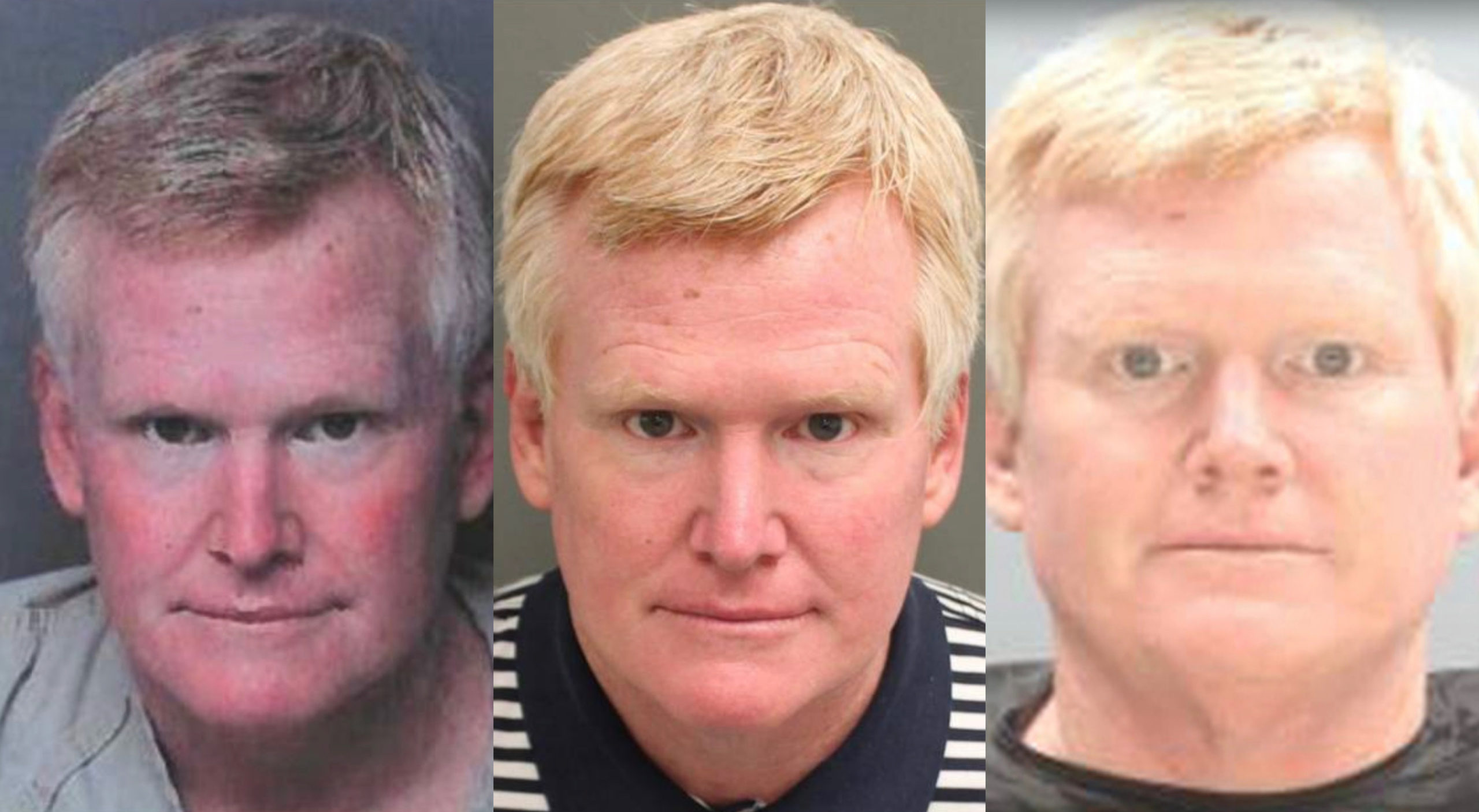Misconduct Charges Against Alex Murdaugh Included Boat Crash Antics At Hospital
The disbarment hearing was canceled, but FITSNews has the investigation files …
This is a news analysis.
In February, after the South Carolina Supreme Court Office of Disciplina
